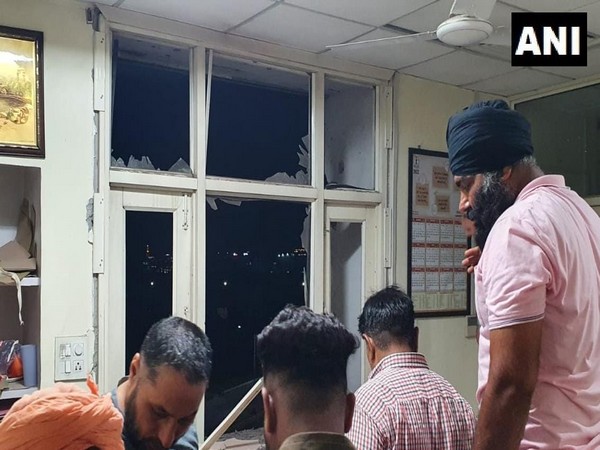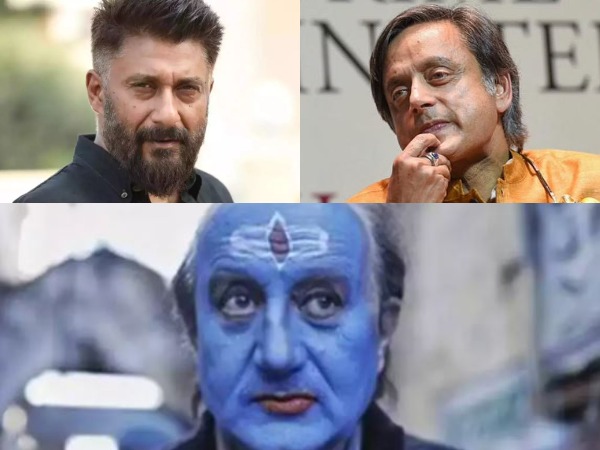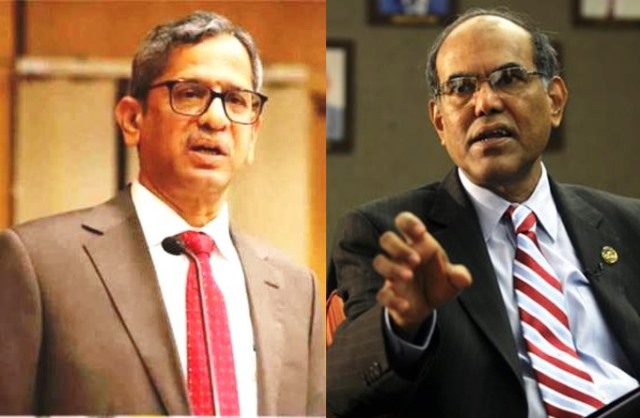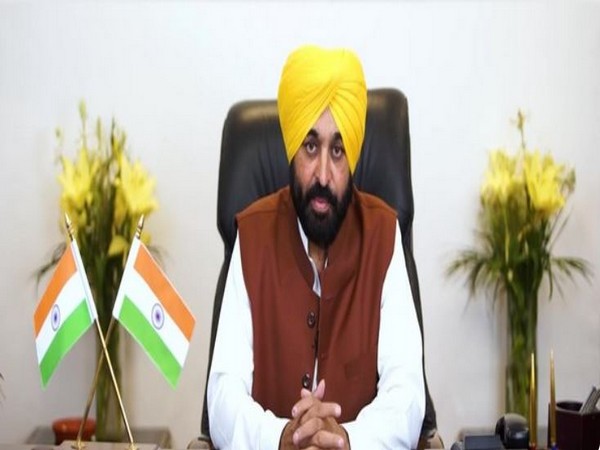In the space of less than a week recently, two leading cerebral lights of the country – Chief Justice of India NV Ramana and former Reserve Bank of India governor Duvvuri Subbarao – expressed their dismay over the unravelling of bureaucracy, multi investigative agencies and the police. But when did the malaise start setting in? In a case like this, one cannot put a precise date on when such pillars that support functioning of a democracy and allows a pluralistic society in an emerging nation to pursue its development goals embracing a universal healthy diet, health and education began to brittle.
For the uninitiated, Subbarao, who was initiated in Indian Administrative Service in the mid-1970s, went on to become the finance secretary and then was appointed RBI governor. His book Who Moved My Interest Rate?: Leading the Reserve Bank of India through Five Turbulent Years came in for much appreciation for the insight it provides into the monetary policy and government-central bank relationship. His appointment as RBI governor virtually coincided with Lehman Brothers filing for bankruptcy marking the climax of subprime mortgage crisis and sending the world financial market reeling. It fell on Subbarao’s shoulders to hold the RBI ship and in turn Indian economy as steady as possible.
At the time of laying down RBI governor’s office, he said: “I had come into the Reserve Bank five years ago, as the Great Recession was setting in. I’m finishing now, as the Great Exit is taking shape, with not a week of respite from the crisis through the five years.” The respective references to ‘Great’ developments were collapse of Lehman Brothers and the US Federal Reserve’s plan to phase out bond-buying.
This is Duvvuri Subbarao for you. Quite a few ahead of him were inducted into the office of RBI governor from either ICS (such as LK Jha and NC Sen Gupta) or IAS (notably RN Malhotra and S Venkitaramanan). The present governor Shaktikanta Das holding the office since December 2018 belongs to IAS cadre. They are not economists like IG Patel or Dr Manmohan Singh or Dr Bimal Jalan but they are all quick learners and have the benefit of inputs they get from the very able deputy governors and the enviably competent research team.
Writing recently about the sad state of affairs of Indian bureaucracy with the IAS officers resting at the pinnacle, Subbarao said at the time of institution of IAS as a successor to the British era ICS, “it was seen as the home grown answer to the enormous task of nation building in a country embarking on an unprecedented experiment of anchoring democracy in a poor, illiterate society.” Jawaharlal Nehru said in his Tryst with Destiny address on the eve of Independence in the Constituent Assembly: “Long years ago… we made a tryst with destiny, and now the time comes when we shall redeem our pledge… The service of India means the service of the millions who suffer. It means the ending of poverty and ignorance and disease and inequality of opportunity… The ambition of the greatest man of our generation has been to wipe every tear from every eye. That may be beyond us, but as long as there are tears and suffering, so long our work will not be over.”
Calls of this kind from Mahatma Gandhi and his disciples who gave everything to secure Independence had a profound impact on IAS cadre of the time. It will be pertinent to recall here what Sardar Vallabhbhai Patel told the first batch of IAS officers. “I would advise you to maintain to the utmost the impartiality and incorruptibility of administration. A civil servant cannot afford to and must not, take part in politics. Nor must he involve himself in communal wrangles… You are the pioneers in the Indian Service, and the future of this service will depend much upon the foundation and traditions that will be laid down by you, by your character and abilities and by your spirit of service,” the Iron Man said.
Unfortunately, the spirit of service, integrity and impartiality and no expectation of extraneous rewards that Sardar Patel was able to impart on the IAS cadre worn thin over the years. Subbarao, an impartial observer, regrettably will not deny that the IAS has failed the nation after having a great start that lasted many years. He finds the IAS of today as an “elitist, self-serving, status quo perpetuating set of bureaucrats.” As they remain enamoured of the privileges and heightened social status that their offices offer, they have “lost the courage of conviction to stand up for what’s right.”
But that was not always the case. For all that the nation was set out to do after the Independence, most importantly to create a path out of poverty through development of agriculture and industry, the IAS happened to be the strong delivery arm of the government, in fact in many cases more effective than the predecessor ICS. The British left India as an impoverished nation with poverty rampant and very little health care and primary education for the masses. The immediate task for the government then was to build a “an impressive development administration network from ground zero,” that would at the same time enforce the rule of law and promote social justice. For all this to come about, the country needed a bureaucracy at the top of which was a set of IAS officers absolutely unimpeachable for their “competence, commitment and integrity.”
But what could be the reasons for a service that had such a great start and remained so for a good number of years to lose its way and go down in the esteem of the people? According to Subbarao; “The biggest problem with the IAS is a deeply flawed system of incentives and penalties… When everyone gets promoted by efflux of time… there is no pressure on officers to perform and deliver results… A system that promotes mediocrity and risk aversion rather than innovation and change sinks to a low common denominator as indeed the IAS has.” But can it be denied that in their venality more and more politicians in positions of power are found to be interfering in the work of IAS officers.
There are innumerable instances of the latter not obliging the political bosses for right reasons getting the stick. Take the case of Ashok Khemka, IAS, who at the last count got transferred 54 times in 29 years of service. Subbarao, however, thinks “no political system, no matter how venal, can corrupt a bureaucracy if it stands united and inflexibly committed to collective standards of ethics and professional integrity.” He thinks the malaise relates to a minority of IAS officers but their numbers are no longer negligible.
The country’s Chief Justice does not have many occasions to speak from public forums. But when he does, he has something to say of great import. Our politicians must have squirmed when Justice Ramana urged the central investigative agencies and the police to work “impartially” and break the “nexus with the political executive” for they “owe their allegiance to the Constitution and the rule of law and not to any person.” He wanted all these agencies to “uphold and strengthen democratic values” and not allow “authoritarian tendencies to creep in.”
The rich diversity of the country will not be sustained through dictatorial governance, according to him. He didn’t mince words when he reminded investigative and law enforcing authorities that “the political executive will change with time. But you, as an institution, are permanent. Be impermeable and be independent. Pledge solidarity to your service. Your fraternity is your strength.” It defies intelligence that that over 40 million court cases are pending in the country.
Justice Ramana holds the Union and state governments responsible for half the cases. Either they are moving court against citizens or forcing citizens to move court for redress of official inaction or harassment. He laments while the judiciary is overworked, the government will still add to the work burden by displaying a tendency to defy court orders leading to contempt. A very sad state of affairs, indeed.









